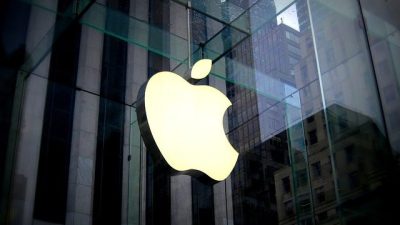Cybersecurity in Healthcare
As healthcare increasingly relies on digital technologies, the urgency for robust cybersecurity measures has never been more pronounced. This industry tackles challenges including the security of patient data, regulatory compliance and ensuring the critical infrastructure that supports the delivery of care is safe. Disturbing pattern, due to efforts by government and advances in technology.
Key Uses of Cybersecurity in Healthcare
Security technologies can prevent costly breaches and save patient data from being shared internally or exposed externally, as well as other external threats to medical devices. Because of the widespread digitization in processes like electronic health records, telemedicine and connected medical devices, there has been a growing focus on cybersecurity threats to the healthcare industry. Channel sacroiliitis cybersecurity has a great channel security for healthcare as it assists in keeping patient data safe which is related to HIPAA (Health Insurance Portability and Accountability Act) compliance, lest you forget hospital networks. IoT Medical devices such as Gateway Security-enabled IoT Device and make sure that the connections done from outside are also secure if coming inside.
This comes amid growing scrutiny on healthcare cybersecurity more generally. Some examples include Cisco and Palo Alto Networks launching healthcare-focused AI cybersecurity software for real-time threat detection and response. A health industry cybersecurity framework initiative, for example, between IBM’s X-Force and healthcare organizations themselves aims to help healthcare providers better arm defenses against ransomware, alongside other infosec threats.
Meanwhile, measures are underway which will further secure healthcare on the cybersecurity front. The U.S. Department of Health and Human Services (HHS) has implemented enforcement measures under new compliance guidelines for the HIPAA Security Rule, while the U.S. Cybersecurity and Infrastructure Security Agency (CISA) issued recommendations to healthcare providers regarding patient data limitations. HHS data show more than 700 reported data breaches in 2022 exposing information of some 52 million individuals. An increase in breaches highlights the pressing requirement of strong cybersecurity measures in healthcare.
Greater cooperation among governments and the private sector in this area, matched with developments in technology are helping healthcare bodies to safeguard patient data confidentiality more effectively and mitigate the threats of cyber-attacks.



